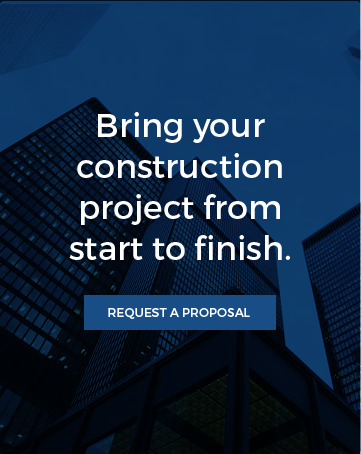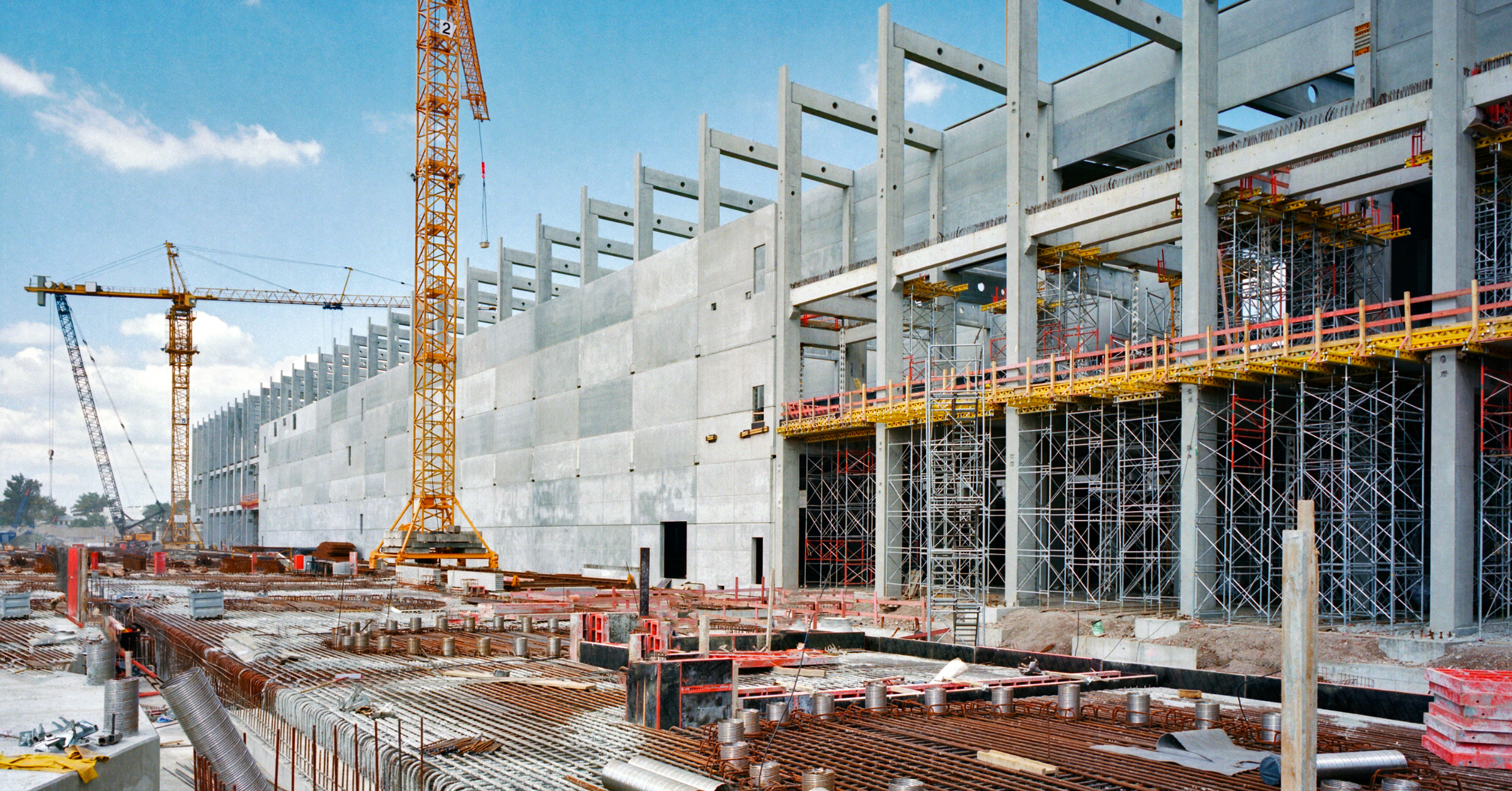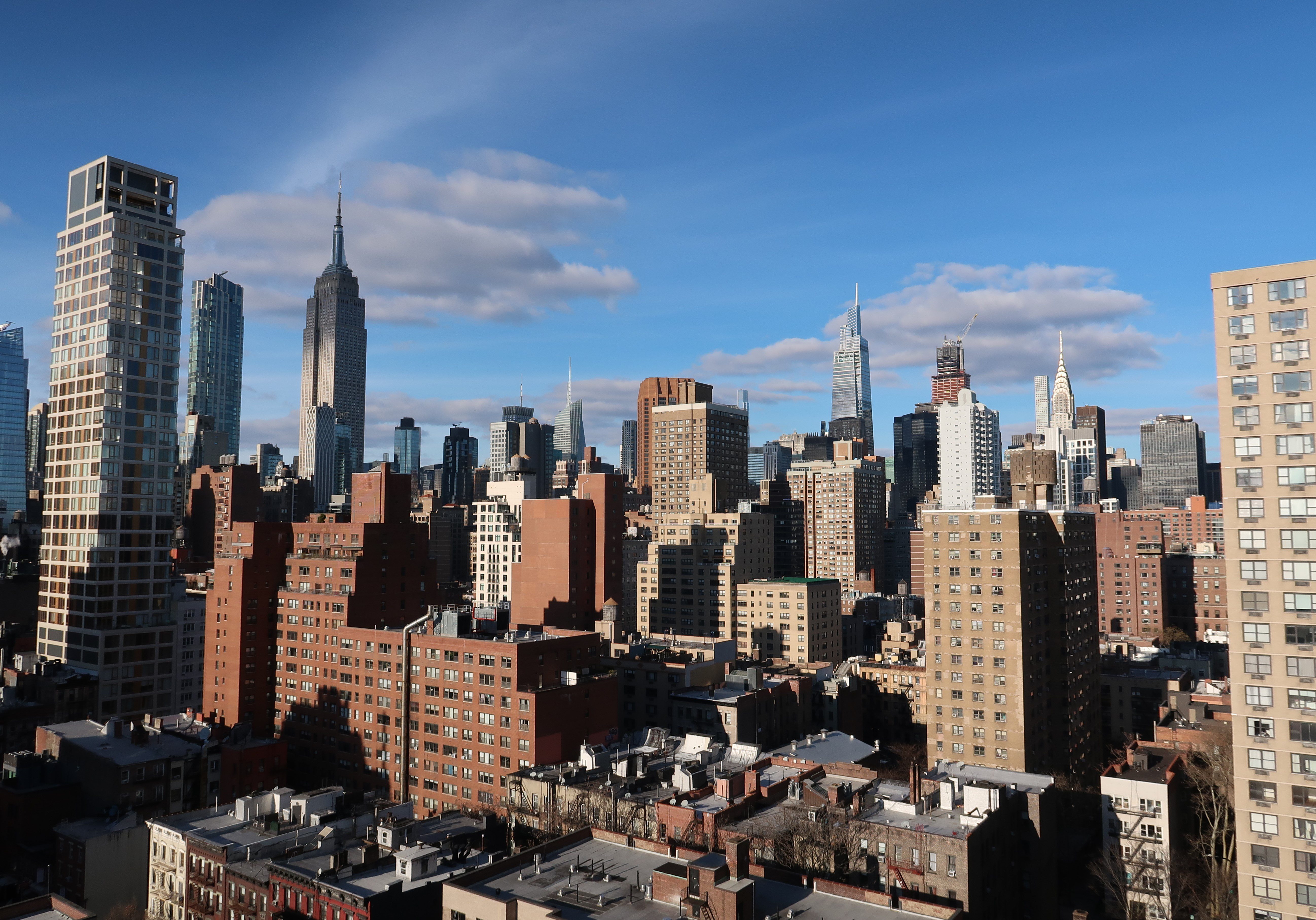They say that “everything is bigger in Texas.” Where the downtown Dallas area is concerned, the housing market is expected to see a boom, thanks to a series of adaptive reuse projects which will convert office spaces into residential housing. With the latest projects slated to bring about 1,500 new housing units to the area, the population of downtown Dallas could see an increase of nearly 2,000 residents over the next two years.
What is adaptive reuse?
Adaptive reuse relates to the redevelopments, renovation, and transformation of existing buildings from their original purpose to that of another. In this case, the Dallas office-to-residential conversion will adapt high-rise office buildings for residential use. The process of adaptive reuse has been around for decades, as it has revitalized historic neighborhoods and met the demands for urban living in the United States and around the world. In short, the goal of adaptive reuse is a holistic balance of combining the old with the new. And although the country has seen an acceleration of conversions over the past few years, the adaptive reuse process has barely scratched the surface—having put only a dent in the national stock of office supply.
Revitalizing the economy
The COVID-19 pandemic brought about several challenges for the Dallas economy, as it kept workers at home and left many office buildings empty. The silver lining, however, has been the acceleration of adaptive reuse projects that could also spark future economic growth—partly due to a state tax credit created in the early 2000s. By reimagining how the city can regain its vitality, developers are reassessing office spaces to attract a different scope of residents. Some of the adaptive reuse projects in the Dallas conversion include:
- Santander Tower
- Bryan Tower
- Energy Plaza
- Renaissance Tower


This revitalization of the downtown area is a win-win for companies and residents, as it opens new doors of economic opportunity in the forms of restaurants, nightlife, and even the arts. According to an article from “The Real Deal,” there is even greater news: This revitalization will not only meet the demand for housing in the Main Street District, but the average household income is also expected to increase from $81,000 to $100,000.
Addressing the challenges of adaptive reuse
Someone once said: “You can’t judge a book by its cover.” This adage aptly applies to the unique challenges of office-to-residential conversions. And in most instances, it comes down to cost. Beloved historical buildings may look beautiful on the outside but they may end up being conceived as “money pits” when it comes to converting them to residential spaces. These costly projects—among others—may never see a transformation since they fall in-line with financial shortfalls or regulatory issues. Generally, conversions can cost between $250 per square foot to $350 per square foot. If the numbers fail to add up, developers may not see the value in investing and thus decide to pass on a particular project. Industry groups, however, are lobbying Congress to provide financial support for projects that may be in jeopardy due to rising interest rates and other factors relating to capital markets.
Dallas-based Masterplan has the expertise to get the job done
“We pride ourselves on getting the job done."
- Dallas Cothrum, Ph. D
With over 40 years of experience in the development industry and often at the forefront of these type of changes, Masterplan is the largest real estate planning firm in the Texas region—with five locations that serve clients across the state and beyond. As an industry leader, Masterplan specializes in zoning, permitting, and community engagement. Additionally, Masterplan also has the bandwidth to work on projects—from the due diligence phase to acquiring a certificate of occupancy. “We pride ourselves on getting the job done,” said Dallas Cothrum, Ph. D and President of Masterplan. “We are organized like a city and are comprised of former city staff members and appointed officials. Our organization’s structure, relationships and backgrounds are what ensures our success.” (In case you were wondering: Yes, his name is “Dallas,” and he really is from Dallas.)
Last summer, Milrose Consultants acquired Masterplan to be part of the Milrose family of companies, which offers a combined suite of specialized services to all existing and new clients across Texas.
Connect with us today to learn more about our services in the Texas region and throughout the U.S.







